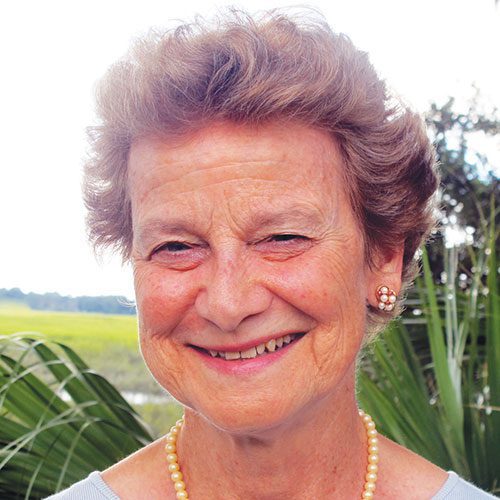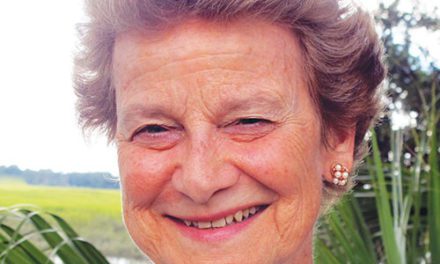Years ago, my first experience with “woo woo” arrived at my little brick cottage in Kentucky in the form of a tape by Indian-born American author, physician, and speaker, Deepak Chopra. Remember tapes? Like I said, this was years ago.
Amid morning yoga in my sunlit living room, his words began to make sense to me. He was talking about relationships, my first toe-dip into the vast ocean of a topic that still fascinates me. And I remember his saying that if you’re in a relationship that feels comfortable to you, there may come a time that in a reach for intimacy, for testing the waters of trust, you reveal something about yourself that perhaps not many people know about you. Something you might be embarrassed or ashamed about. That kind of revelation, said Chopra, takes courage. What ifthe other person is horrified and leaves, never to be seen again? Well, since they failed that particular litmus test, deeper feelings likely could never have happened anyway though you may take a bit to get past it emotionally.
But what if he or she is surprised but simply accepts your confessed issue as a fact about you, as a part of you? They may be honored that you trusted them enough to be honest. If that happens, there’s every chance your relationship will grow.
When I heard what seemed to me to be a particularly wise perspective, something I’d never thought about nor heard from any other source, it sounded like truth and became a part of my life values, a kind of spiritual journey foundation. Not religious, mind you, but spiritual. A concept I could build upon, could keep in the cupboard of ideas to explore, and could eventually adopt as my own philosophy from which to grow my self-worth and embrace the path I was on the earth to follow. I’d like to say that I understood all that at the time, but I’d be lying. Instead, that experience was a tiny ray of light that felt right enough that I still remember it. A brick in my base.
The gist of the concept that alternative-medicine advocate Chopra presented was that we humans are all individuals, we all behave in our own separate ways, and we all observe life through our own filters determined by our life thus far. It’s the reason that memoirs can be controversial, because two different members of the same family often remember precisely the same incident from two completely differing perspectives. One person may recall in a positive light, while the other’s recollections bring up negative emotions. Put simply, we’re all different.
Remembering that is the point of this particular column. Sometimes it’s way too easy to cling to your own beliefs, feelings, and behaviors and to those of your “tribe,” to stay in your comfort zone and to completely discount how someone who’s different than you embraces life.To judge without understanding. Differences may appear obvious, as in race, dress, actions, language, or speech. At least on the outside. Much like seeing an iceberg in chilly northern waters and thinking that it’s not too big, when in fact the huge heft of it is floating underwater and can’t be seen from the surface.
Not unlike a muscular high-school quarterback that embraces Buddhism. Who would know? Or a popular actress that in every People mag photo is pretty, talented, and ever-smilingat her handsome husband while in public…the man who abuses her just as her father did behind closed doors. You just never know what sort of looking-at-life filters are in place. What secrets the underside of another person hides.
A quote without attribution crossed my path recently and made an impact. It actuallyinspired me to write this column.
“Be kind. For everyone you meet is fighting a battle you know nothing about.”
Obvious and literal examples of this could be veterans with PTSD, victims of abuse, bullied kids, and folks with mental and/or physical challenges. These issues are not always obvious. When encountering another person who’s behaving in a way that makes you uncomfortable, unless the situation is dangerous, do your best to give them the benefit of the doubt. They may appreciate your kindness.
All of this chat about being a good person takes me back to thoughts of the 1960’s, the age of flower children, free love, weed, muddy Woodstock, and making peace not war. In retrospect, the overall idea seemed like a good one. Well, perhaps except the idea of not taking responsibility for much, but hey, as I understand, it’s hard to be high and focus at the same time.The portrayal of that mystical era was right on target in Forrest Gump, a film Pollyanna here has watch untold numbers of times. So much of the ‘60s music spoke of caring about others – “Love the One You’re With,” “Imagine,” and of course, “Get Together,” by the Youngbloods.
Come on people now
Smile on your brother
Everybody get together
Try to love one another right now.
Honoring the fact that each of us has an underside, whether or not anyone perceives their own or not, is a strong first step in being kind. Staying present, being aware, and not assuming by outward appearance can lead to at least understanding that we only know the side of anyone they allow us to see. Someone’s underside can be an Achilles heel for them, difficult to get past except with expert professional help, and sometimes even that doesn’t do the job.
But whatever you do, give your fellow man the benefit of the doubt. As are most, that phrase is a cliché for good reason. Consider the underside and be kind. You absolutely never know whose life you may change for the better nor what positives you may glean from the experience.
The poet Rumi nailed this one: “Out beyond ideas of wrongdoing and rightdoing, there is a field. I’ll meet you there. When the soul lies down in that grass the world is too full to talk about.”







